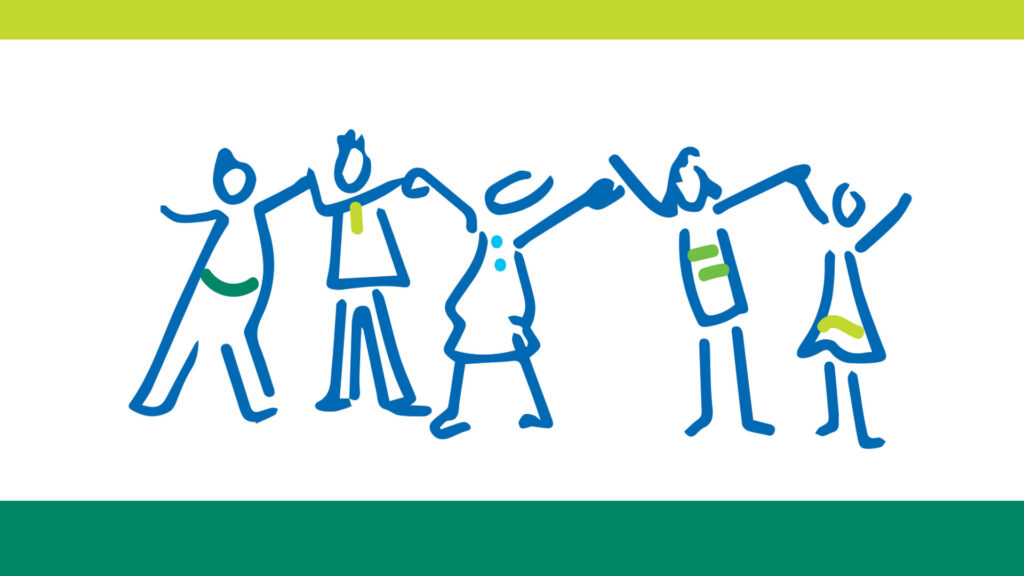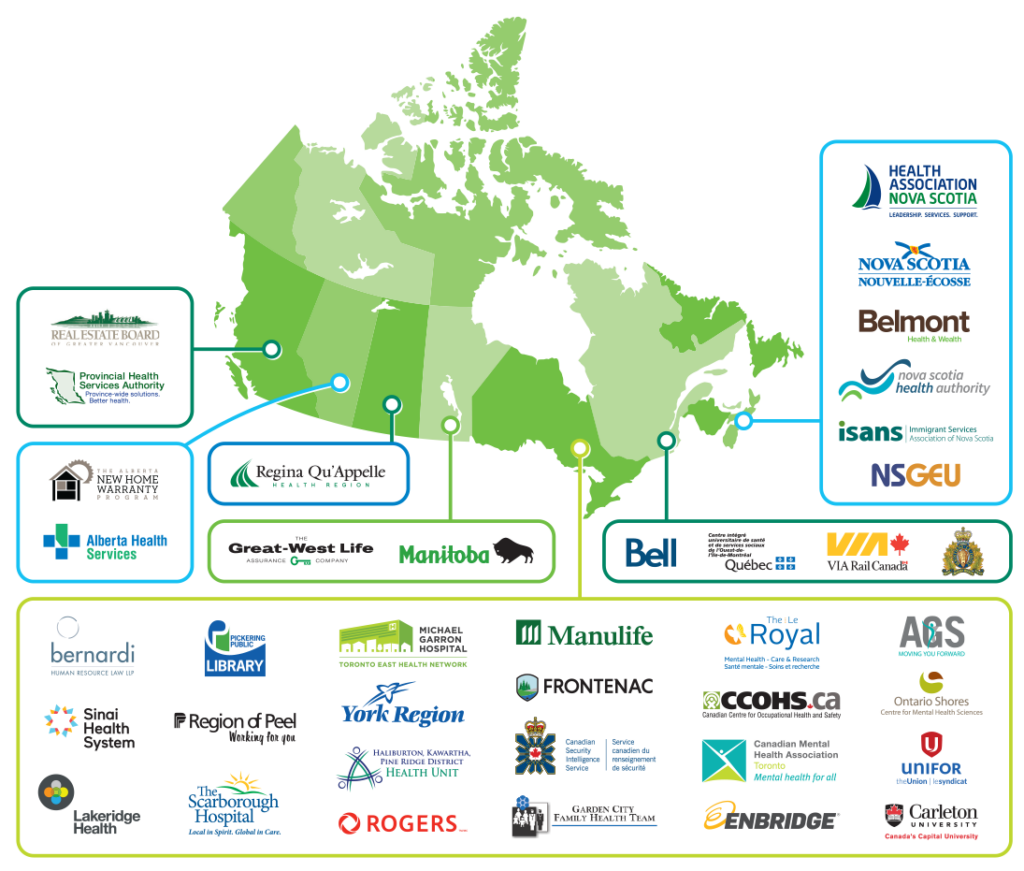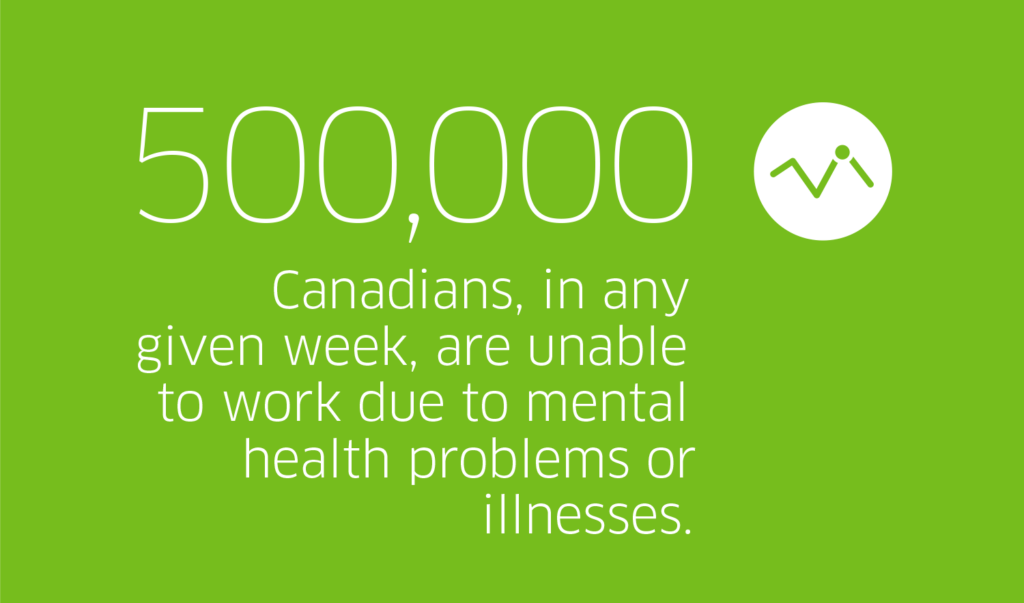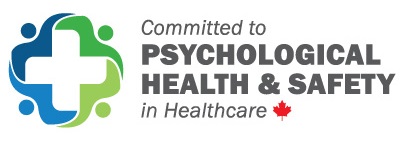
13 Factors: Addressing Mental Health in the Workplace
The Mental Health Commission of Canada, in partnership with Ottawa Public Health, adapted content from The Mindful Employer, to develop a series of short animated
If you are in distress, you can call or text 988 at any time. If it is an emergency, call 9-1-1 or go to your local emergency department.

The Mental Health Commission of Canada, in partnership with Ottawa Public Health, adapted content from The Mindful Employer, to develop a series of short animated

What’s the issue? We know that employment plays a key role in the recovery of individuals living with a mental illness. It improves their mental

Case Study Research Project Learn More In 2014, the Mental Health Commission of Canada (MHCC) launched a three-year national Case Study Research Project (CSRP) to
Leading companies, industries and institutions committed to protecting mental health and wellness in the workplace have implemented a “made in Canada” solution: the National Standard

The National Standard of Canada for Psychological Health and Safety in the Workplace (the Standard) – the first of its kind in the world, is a set of voluntary guidelines, tools and resources intended to guide organizations in promoting mental health and preventing psychological harm at work.
In 2014, the Mental Health Commission of Canada launched the three year Case Study Research Project to identify promising practices for implementing the National Standard

Update 22 June 2023 – Some of these promising practices are no longer in operation. In those cases, the information has been preserved, and the

What is the issue? While every sector needs to protect and promote mental health in the workplace, doing so in health-care settings is more challenging.
This resource was published in 2021. The data may be out of date. The Caring for Healthcare Workers – Assessment Tools are the only